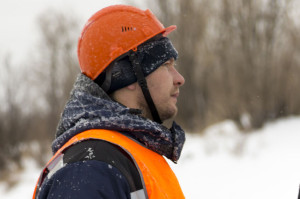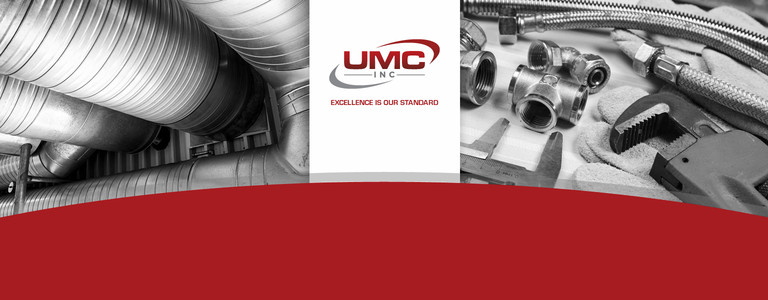 The year is quickly coming to a close, and in most areas of the country that means lots of rain, and at certain elevations, snow and ice. Anyone who has worked in the construction industry for any period of time knows how to navigate the winter months. Even so, it’s important to refresh and review best practices, especially when it comes to safety around snow and ice. To help you prepare, we’ve come up with a list of basic safety tips. We hope you take a moment to read and refresh!
The year is quickly coming to a close, and in most areas of the country that means lots of rain, and at certain elevations, snow and ice. Anyone who has worked in the construction industry for any period of time knows how to navigate the winter months. Even so, it’s important to refresh and review best practices, especially when it comes to safety around snow and ice. To help you prepare, we’ve come up with a list of basic safety tips. We hope you take a moment to read and refresh!
1.) Clear the job site of any potential safety hazards. After a long night of snow or rain, it’s important to thoroughly inspect the job site before starting work. Look for potential hazards like fallen tree branches or downed power lines. Inspect stairways, scaffolding and walkways for signs of ice or snow. If there is any present, shovel it off or throw down sand or rock salt. If icicles have formed, take the time to knock them down. If that’s not possible, cordon off the area with caution tape until the sun thaws everything out.
2.) Let your team members warm up. The longer you work in freezing or near-freezing temperatures, the more likely you are to experience frostbite or hypothermia. To prevent these and other issues, set up a heating area where your team members can take breaks and warm up. If possible, provide access to hot beverages like coffee, hot chocolate or tea. You might also want to stock the room with dry pairs of gloves, socks and other necessary garments in case someone gets wet and needs to change.
3.) Ensure everyone wears the necessary safety equipment. Each of your team members should dress for the conditions and wear adequate clothing. Our basic recommendations include: wearing a hard hat at all times with a liner for warmth, gloves or mittens that provide your fingers with a full range of motion, and waterproof boots with non-slip soles. If you wear goggles or another type of protective eyewear, apply an anti-fog spray to prevent them from fogging up while you work.
4.) Winterize all of your equipment. Machines that run on gasoline, like generators and compressors, are more likely to break down in cold weather. To prevent this and other potential issues, read the instruction manual and properly winterize them. Things like topping off the antifreeze and performing routine maintenance can keep your equipment in top shape all winter long.
At UMC, we’re dedicated to safety and quality commercial plumbing and HVAC installations. Get to know us on our website: https://umc.us/






